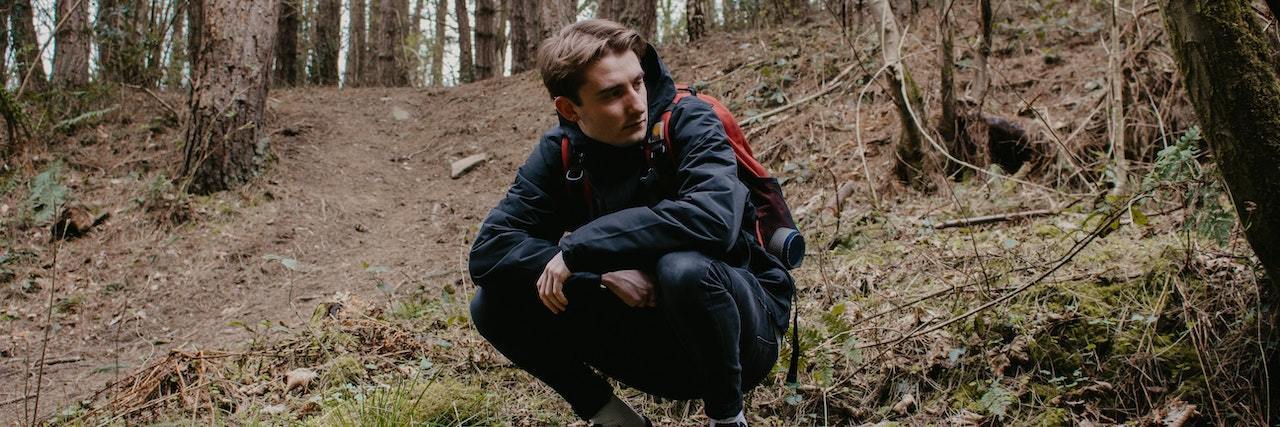Living with a health condition can feel isolating, including if you live with bipolar disorder. Sometimes you can feel like you’re all alone, even if you’re surrounded by family and friends. When you’re feeling isolated, and like others don’t quite get what you’re going through, it can also impact your mental health in a big way.
• What is Bipolar disorder?
Isolation can feel confusing, painful or even scary. While you may not be able to shake the difficult feelings that can come with isolation, sometimes distracting activities can help you cope. When you can crack open your favorite book, embrace a new hobby or even reconnect with friends and family, you might start to feel a little less alone.
The Mighty wanted to know more about how people with bipolar disorder cope with the isolation that can come from living with a mental illness. That’s why we reached out to the bipolar disorder community on The Mighty to hear about their tips. And keep in mind everybody is different, so experiment to see what might work for you.
Here’s what they had to say:
Editor’s note: Some responses have been edited for clarity.
- “What has helped me is drawing: until this isolation I never [knew] that drawing would come so naturally to me. … Very thankful to have found art, it calms my anxiety.”
- “Video visits with my caseworker, reading and online gaming. Sometimes, I just sit quietly in my wife’s office while she works.”
- “The things that have helped me the most are time with my children, even if I’m resting in bed or on the couch. We talk about their lives and I listen with empathy.”
- “Taking one day at a time. Asking for help when I need it. Acknowledging my need for rest and not shaming myself for needing it.”
- “Taping myself doing improvisational videos. I call it Improv Therapy, where I get to be someone totally different for a little bit. Sometimes it gets my tears out, sometimes it gets my laughter out, and it distracts me from spiraling out of control.”
- “I rewatch shows I’ve seen a hundred times. ‘Schitt’s Creek’ is my go-to. It’s like I’m visiting friends, and there’s a comfort in knowing what to expect.”
- “My pets definitely help me the most. They can sense when I’m in a depressive episode or when I have high anxiety levels and never leave my side to make sure that I am OK.”
- “Having friends who recognize when I’ve dropped off the map. They check on me without being intrusive. They know how to say ‘I’m here for you no matter what you’re going through right now.’”
- “Mother nature is the only thing that helps when I feel the need to isolate. Listening to the birds during the day and the crickets at night can be very peaceful. You also get to observe silly behaviors in squirrels and rabbits, or whatever animals are local to where you live.”
- “Books have helped me ‘travel’ and ‘make new friends’ so I don’t feel as alone as I should. And despite having to adjust to working from home I have grown closer to some of my office mates.”
- “Before I had my baby, music, deep clean something, and a movie or show I enjoy after. The feeling of accomplishment after helped me not tank as hard.”
If you’d like to learn more about bipolar disorder and find resources, visit the International Bipolar Foundation.
Header image via Nathan McDine/Unsplash

